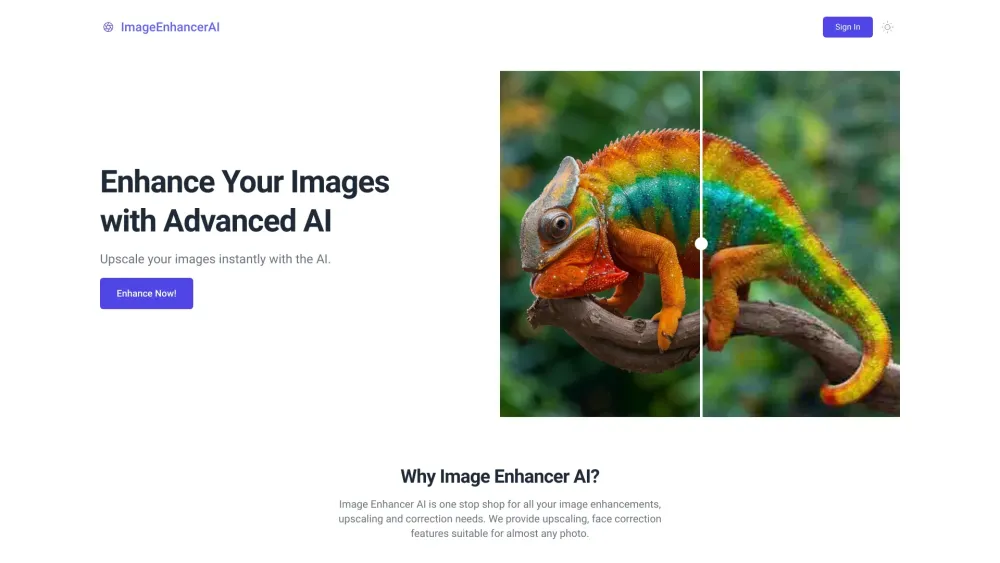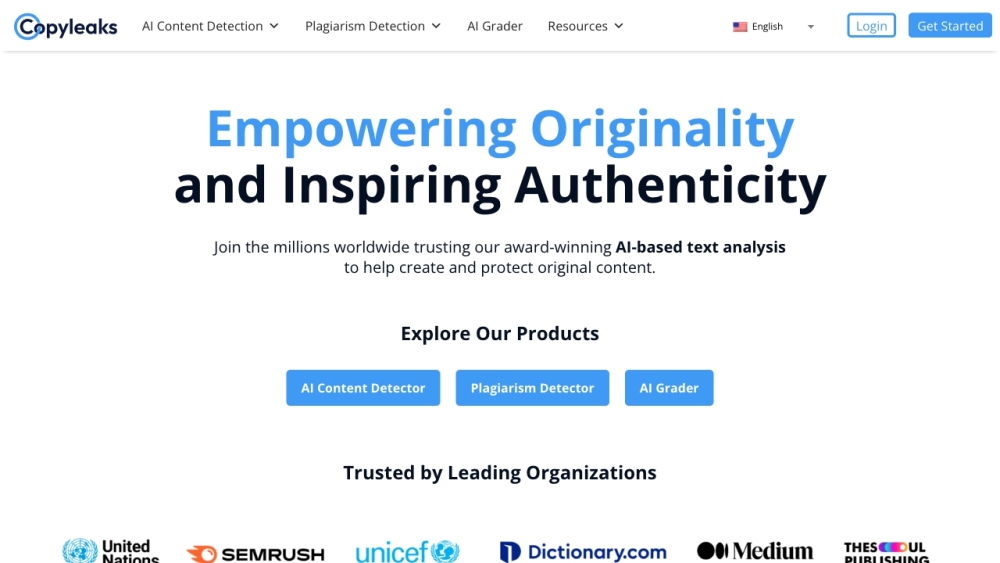On Tuesday, the Council of the European Union officially approved the world's first comprehensive legislation on artificial intelligence (AI) — the AI Act. This landmark law aims to establish comprehensive regulations surrounding AI technologies, protecting citizens from potential risks. It will come into effect 20 days after its announcement.
The drafting of the AI Act began in April 2021 with the European Commission's proposal for a negotiating mandate. After multiple rounds of negotiations, an agreement was reached on December 8th between the European Parliament, EU member states, and the European Commission. On February 2nd of this year, representatives from the 27 EU countries unanimously voted in favor of the bill, and on March 13th, the European Parliament passed it with a significant majority.
The Act categorizes AI applications based on their potential societal risks. Applications deemed "unacceptable" will be strictly prohibited to ensure safe, reliable, and ethical use, thereby preventing negative impacts on society.
Currently, major AI applications and developments are dominated by leading American tech companies, which are closely monitoring the progress of the AI Act. With its formal approval, these companies will face stricter regulatory requirements. Matthew Hollman, a partner at law firm Cripps, noted that public-facing generative AI systems must comply with the new law, which could require substantial investment in resources.
However, existing generative AI systems, such as OpenAI's ChatGPT, Google's Gemini, and Microsoft's Copilot, will benefit from a 36-month "grace period" to align their technologies with the new legislative requirements after the law takes effect. This provision aims to give businesses enough time to adapt to the new regulatory landscape and ensure operational continuity.
The approval of the AI Act marks a significant advancement in the EU's approach to AI regulation. As the first legislation of its kind globally, it provides a valuable framework for other countries and regions. As AI technologies continue to evolve, the need for increased regulation and standardization grows. The EU's initiative is poised to foster healthy development of AI technologies while laying the groundwork for global regulatory collaboration.




